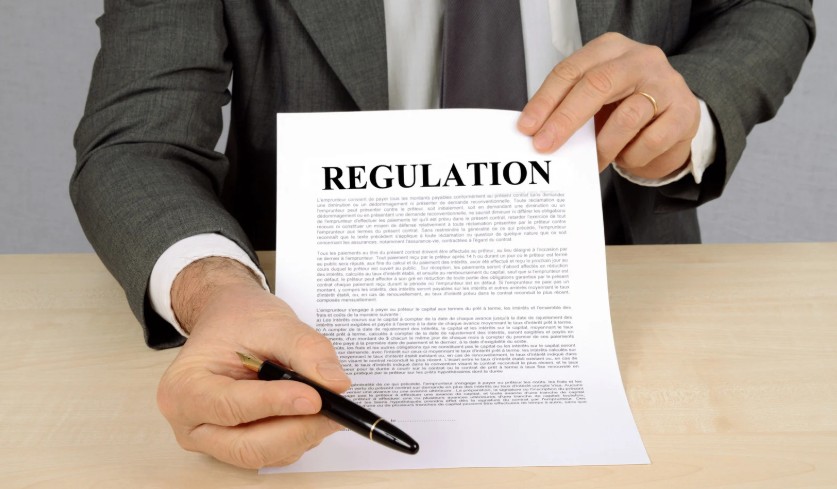
Regulated Restrictive Practices refer to interventions that limit the rights or freedom of movement of individuals with disabilities. These practices, such as chemical restraint, physical restraint, and seclusion, are closely monitored by the NDIS Quality and Safeguards Commission to ensure safety and compliance with legal standards.
NDIS providers can effectively monitor and report the use of regulated restrictive practices through the following strategies:
Implement a Robust Reporting System
- Establish a clear process for monthly reporting of restrictive practices through the NDIS Commission Portal.
- Ensure all staff are trained to recognise and report restrictive practices, including unauthorised use.
- Designate an Authorised Reporting Officer (ARO) responsible for submitting reports.
- Document each instance of restrictive practice use, including:
Date and time of use
Type of practice used
Duration of use
Reason for use
Staff involved
- Record both routine and PRN (as needed) uses of restrictive practices.
- Keep records of when restrictive practices are not used, as this must also be reported.
Ensure Compliance with Behaviour Support Plans
- Regularly review and update behaviour support plans (at least every 12 months).
- Report any variations from the approved behaviour support plan.
- Engage with behaviour support practitioners to review plans when changes occur in restrictive practices.
Monitor for Red Flags
- Watch for increased emergency use or PRN administration of restrictive practices.
- Review incidents where reportable incidents increase, which may indicate a need for plan adjustment.
- Conduct regular clinical audits to monitor compliance and drive improvement.
Adhere to Reporting Requirements
- Report unauthorised use of restrictive practices as reportable incidents within 5 business days.
- Submit monthly reports on all regulated restrictive practices, including when they are not used.
- Ensure reports are submitted within 5 business days of the following month.
- Provide ongoing training on positive behaviour support and the proper use of restrictive practices.
- Implement competency assessments for staff implementing restrictive practices.
- Establish mentoring systems for less experienced staff.
By implementing these strategies, NDIS providers can effectively monitor and report the use of regulated restrictive practices, ensuring compliance with NDIS requirements and promoting the safety and well-being of participants.
